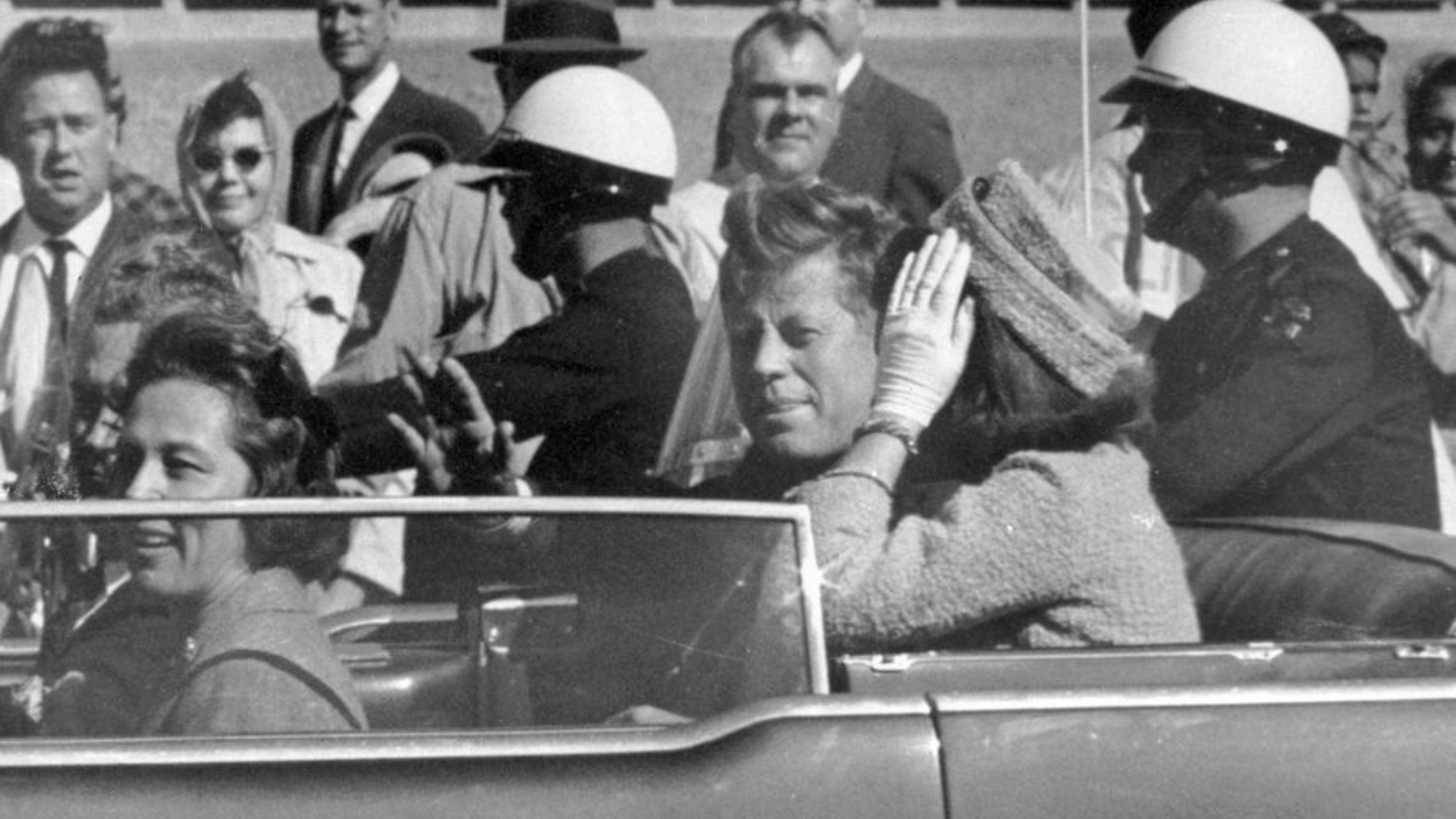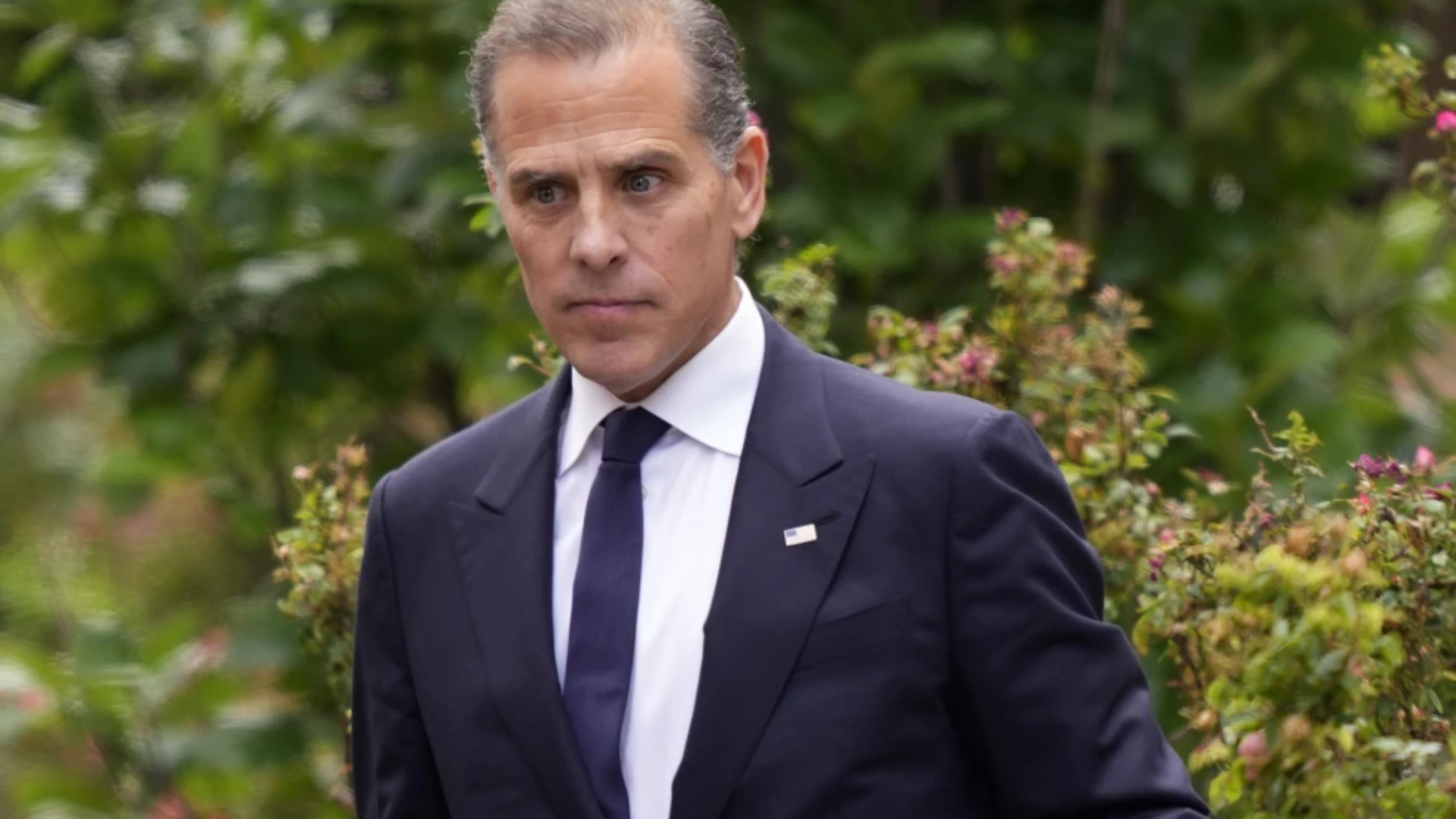(CNN) — Buyers are making a comeback on Wall Street.
The Dow soared 400 points Tuesday morning after China flooded its economy with more cheap money in a bid to calm markets and stabilize growth.
The big gains mark a rebound from a dramatic wave of selling that has slammed stocks in recent days.
The Dow plummeted an unprecedented 1,089 points at Monday’s opening bell — and closed the day down nearly 600 points — due to deepening fears about China’s economic slowdown and its crashing stock market.
Some sort of bounce was anticipated due to the enormous losses inflicted even though the American economy doesn’t appear to be falling off a cliff.
All three major U.S. equity indexes had plunged into correction territory — their first 10% decline from recent highs since 2011.
China tries to stem the bleeding
China’s central bank slashed interest rates, an emergency action aimed at calming financial markets and boosting economic growth by flooding the markets with cheap money.
“The lighter fluid on the flame was that China cut interest rates,” said Mark Luschini, chief market strategist at Janney Capital Markets.
Global markets cheer China’s emergency move
For now, investors around the world are cheering China’s emergency actions in hopes they will at least stabilize conditions in Asia.
European stocks surged 4 percent higher, while crude oil prices bounced more than 3 percent to climb back near $40 a barrel.
The big gains underscore how much China matters to the global markets. China is the world’s second-biggest economy and its explosive growth over the past two decades helped lift many other countries.
That’s especially true for emerging markets like Brazil that rely on China’s huge demand for its natural resources.
That’s why the turbulence in China’s stock market has unnerved so many investors.
The Shanghai Composite plunged another 7.6 percent on Tuesday in a selloff that occurred prior to the interest rate cut.
The bubble in Chinese stocks has burst, leaving the Shanghai index down a whopping 42 percent since June 12.
But U.S. economy isn’t tanking
Many market veterans believe the damage done by the selloff in the U.S. was overdone considering the American economy doesn’t appear to be tanking at this point. Unlike the market turmoil in 2008, the economy isn’t on track for a recession.
Not only does the jobs market look healthy, but the housing industry continues to recover and cheap oil is creating a huge windfall for consumers at the pump.
“We know that Mr. Market can be in a sour mood and completely disconnect with what’s going on in the economy. I haven’t seen any data to suggest the decline in the stock market was necessarily warranted,” Luschini said.
Consumer, tech stocks soar
Faith in the underlying economy helped carry consumer stocks like Best Buy, Netflix and Michael Kors sharply higher on Tuesday.
Best Buy alone spiked 14 percent after reporting stronger profit growth than expected thanks in part to solid demand for big-screen TVs.
The Nasdaq outpaced the broader markets by soaring nearly 3 percent.
Big winners include Apple, Facebook and Amazon, all of which rallied more than 4 percent.
The gains show how some investors are seizing on discounts created by the market turmoil.
They’re betting that corporate profits won’t collapse, meaning some U.S. stocks that have tanked recently may now look cheap.
That would be a big change from recent months when even bullish investors acknowledged American stocks looked expensive compared with their peers overseas.
Turbulence isn’t over
Of course, Tuesday’s turnaround doesn’t mean everything is back to normal in the global financial markets just because China cut interest rates.
Volatility remains extremely elevated and more turbulence may lie ahead. Just look at CNNMoney’s Fear & Greed Index.
Despite the rebound in stocks, this gauge is currently flashing “extreme fear.”
“It’s tempting to say we got the correction and it’s over now. I see this as a new environment of volatility, meaning big down moves and big up moves,” said Jeff Kleintop, chief global investment strategist at Charles Schwab.
Watch for more dramatic market moves as new clues emerge about whether the financial turmoil causes the Federal Reserve to delay its plans to raise interest rates in September until later in the year or even 2016.
The-CNN-Wire ™ & © 2015 Cable News Network, Inc., a Time Warner Company. All rights reserved. (Photo: CNN)





















